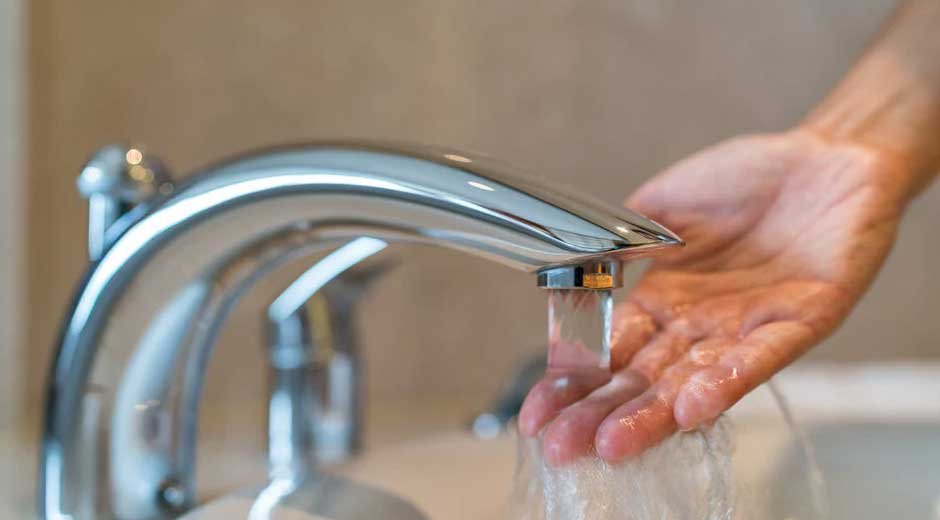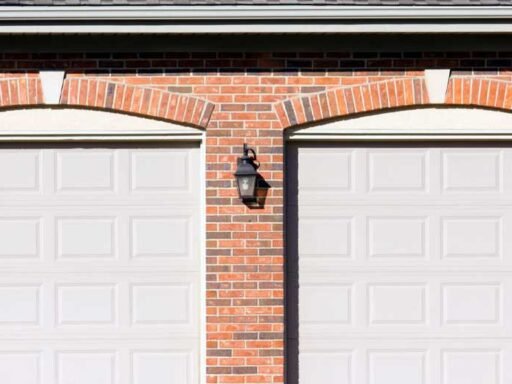Hard water may cause spots on dishes, stiff laundry, and dry skin after a shower. Installing a water softener in your home enables you to prolong the lifespan of your appliances. A plumber can help you install a water softener in your home. Here are some pros and cons of water softeners to know before you install one:
Reduced Scale Buildup
Water sources may contain minerals that accumulate inside the plumbing; this causes scale buildup. A buildup sometimes manifests as white or yellowish spots on dishes, soap scum in tubs, or reduced water pressure in faucets. Over time, this buildup narrows the inside of the pipes, reducing the water flow and increasing the chances of clogs.
A plumber can install a water softener where the main water supply enters a house. A water softener removes minerals from hard water, minimizing buildup. It clears spots and streaks from glassware and improves the efficiency of appliances, such as dishwashers and washing machines. Homeowners benefit from softened water throughout their house, including in showers.
Lowered Skin Irritation
Hard water contains calcium ions that cause skin irritation and dryness. With the installation of a water softener, the calcium ions are removed from the water; this results in softer water that may not strip your skin of its natural oils. The removal of minerals also leads to fewer soap scum deposits on your skin. You are able to use less soap, which is beneficial for people with sensitive skin or allergies to certain types of soap. Soft water may contain fewer impurities than hard water when you use it in the shower.
Improved Cleaning Efficiency
When you use hard water, the minerals in it react with soap and create a residue known as soap scum. This scum makes cleaning difficult and leaves behind spots on surfaces. Soft water should not contain these minerals, so you can easily lather soap and remove dirt from dishes and clothes.
Using a water softener helps you improve cleaning efficiency. Without the interference of minerals, soap can work effectively and leave surfaces clean and shiny. This saves you effort when performing household chores; it also helps prevent damage to pipes and appliances over time.
Enhanced Water Usage and Maintenance
One disadvantage of using a standard water softener is that it wastes water during regeneration. The process of converting hard water into soft water involves flushing out the dissolved minerals. You end up using more water; this can be a concern for areas with limited water supply. The water softener system may also need to be periodically backwashed, which further adds to the amount of water being wasted. Working with a professional water softener service provider helps you minimize the amount of water wasted during regeneration. They help you choose an efficient system that uses less water.
Your service provider can also assist in the maintenance of your water softener to improve its optimal performance. Maintenance may involve replacing filters, resin beads, or salt, depending on the type of system you have. Neglecting maintenance may lead to malfunctions and reduced lifespan of the system. To avoid any inconvenience, you should have a maintenance plan for your water softener that includes servicing.
Hire a Plumber
Hiring a professional plumber to install a water softener requires the right equipment and proper setup for reliable performance. A licensed plumber can evaluate your water supply, recommend a suitable system, and complete the installation correctly. Professional service helps you avoid issues such as leaks or inefficient operation, allowing your water softener to deliver consistent results. Contact a trusted plumber today to schedule your installation and start improving your home’s water quality.






